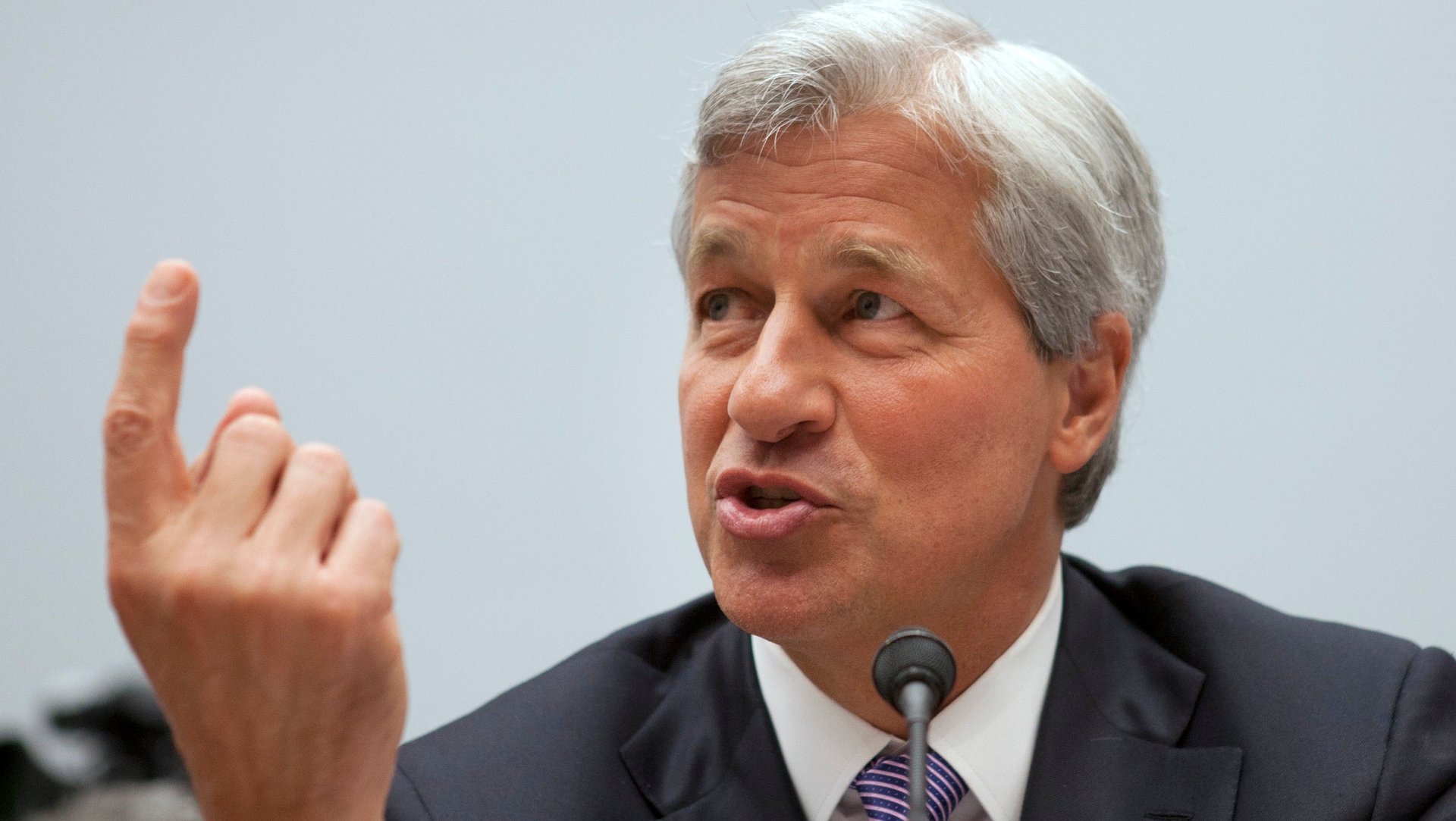JP Morgan pays $410 million to settle one of its headaches
JP Morgan has agreed to pay $410 million to settle with the US Federal Energy Regulatory Commission (FERC), which had accused the bank of manipulating power markets in California and the Midwest. It’s a record sum for the commission, which, like other US regulators, has been increasing its scrutiny of Wall Street. For JP Morgan, the settlement resolves just one of the many headaches the bank has had to deal with recently.


JP Morgan has agreed to pay $410 million to settle with the US Federal Energy Regulatory Commission (FERC), which had accused the bank of manipulating power markets in California and the Midwest. It’s a record sum for the commission, which, like other US regulators, has been increasing its scrutiny of Wall Street. For JP Morgan, the settlement resolves just one of the many headaches the bank has had to deal with recently.
The commission accused JP Morgan traders in Houston of “manipulative bidding strategies” which led to electric utilities overpaying the bank’s energy-trading unit for electricity, passing the cost on to their customers. In a deal typical of such settlements, JP Morgan was allowed to pay the record fine, of which $125 million will go to power customers, without admitting that it had broken any rules.
It’s the latest in a series of setbacks for the bank that emerged the strongest after the financial crisis. JP Morgan’s CEO, Jamie Dimon, had even used the bank’s strength to lobby against (video) increased regulations. But now the FERC is one of at least eight US government agencies to have investigated the bank for various regulatory infractions. Most prominent of these is the $6 billion derivatives trading loss known as the “London Whale,” for which the bank still faces scrutiny from regulators and politicians.
Last week, JP Morgan said it was considering a sale or spin-off of its physical commodities business, which includes energy trading, metals warehouses and natural gas assets. With that and the FERC settlement out of the way, the spotlight may now shift to other banks facing similar allegations. Two weeks ago the FERC ordered Barclays to pay $453 million in civil penalties for allegedly manipulating power prices in California and other markets in the western US region. Barclays is fighting those accusations.
Separately, the Goldman Sachs commodities business was criticized last week in a New York Times editorial for hoarding aluminum in its warehouses to create shortages and drive up prices. The bank disputed that report, saying it was others who controlled the disposal or transport of aluminum from the warehouses.